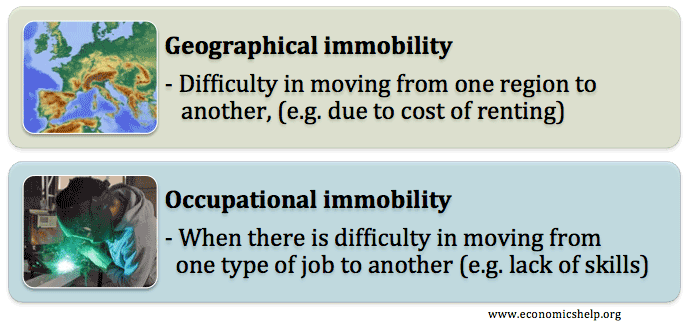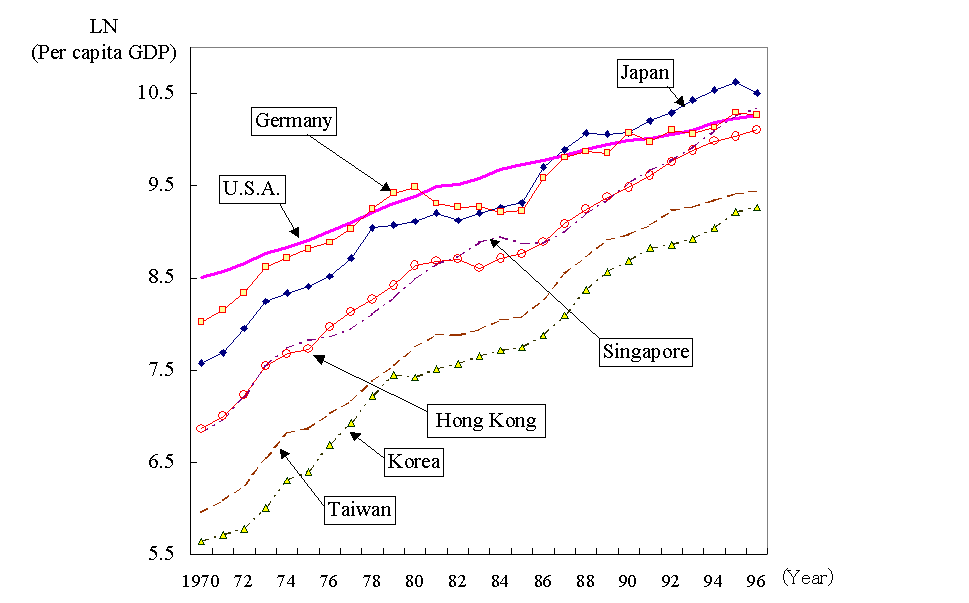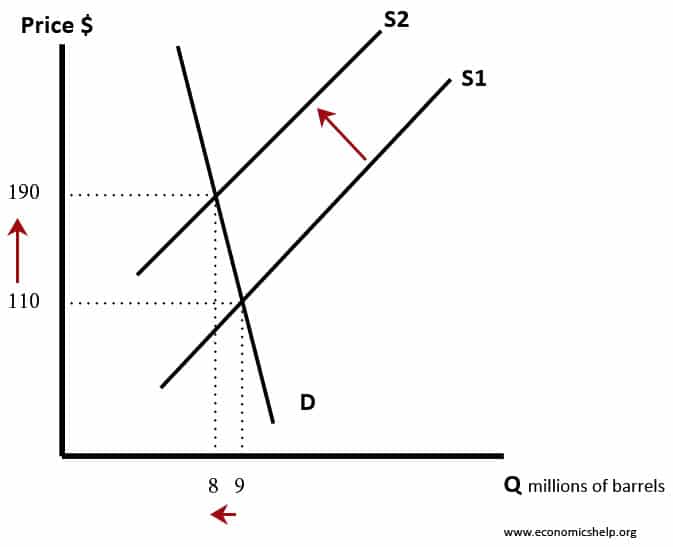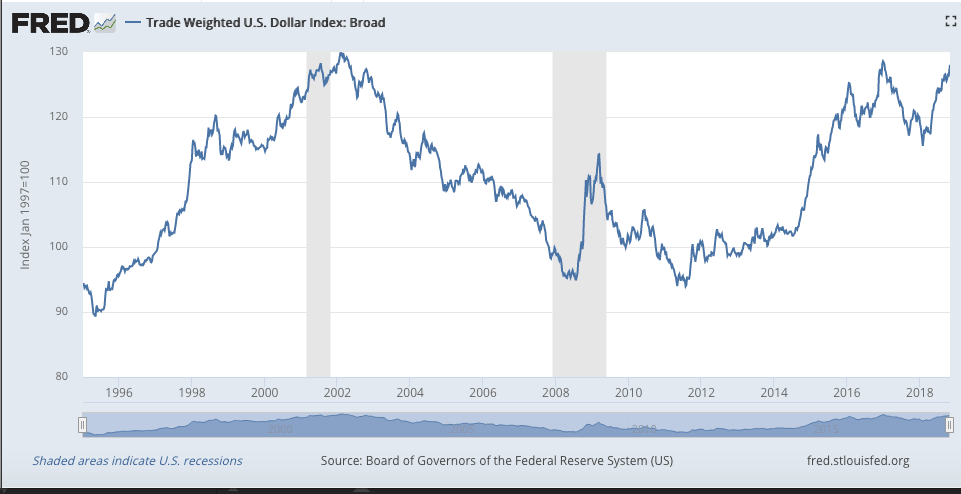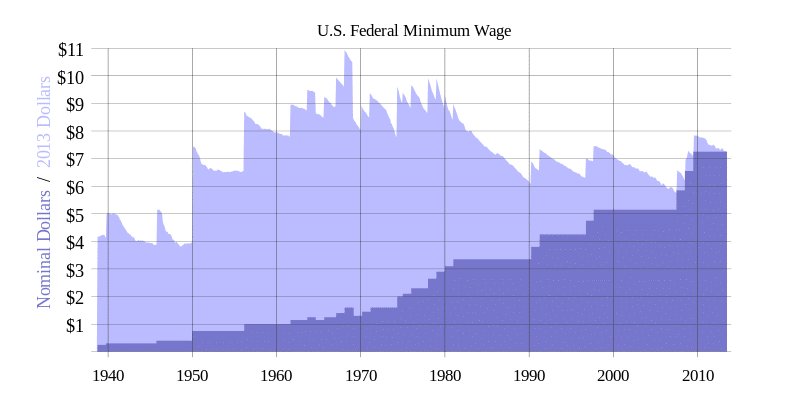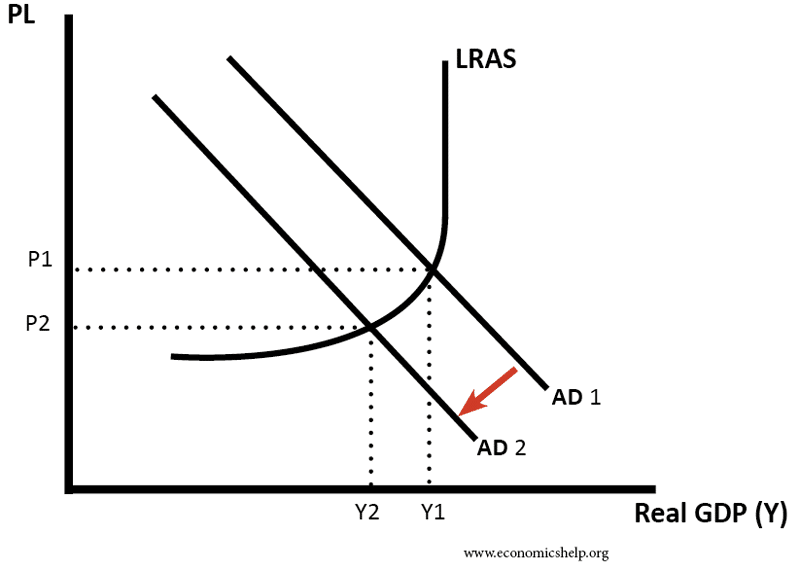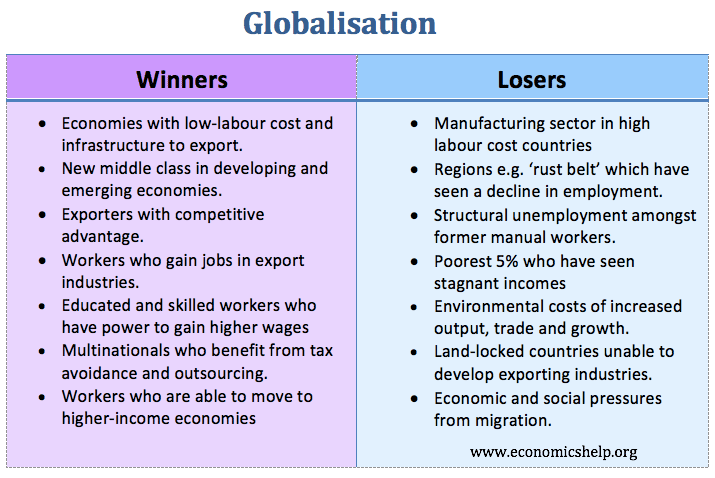Factor immobility
Factor immobility occurs when it is difficult for factors of production (e.g. labour and capital) to move between different areas of the economy. Factor immobility could involve: Geographical immobility – When it is difficult to move from one geographical area to another. Occupational immobility – difficult to move from one type of work to another. …

